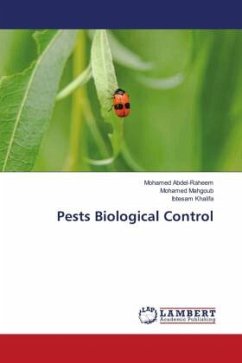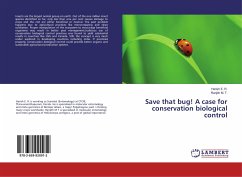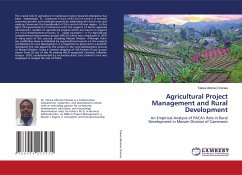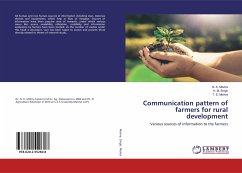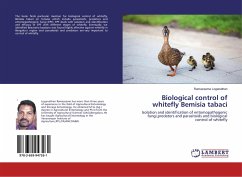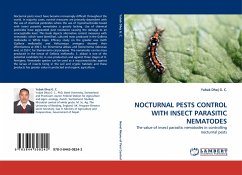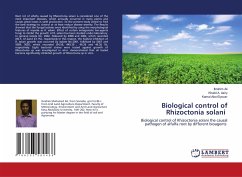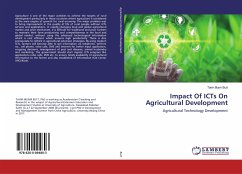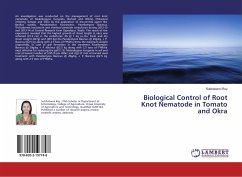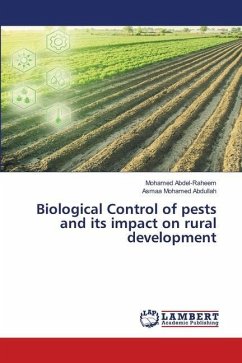
Biological Control of pests and its impact on rural development
Versandkostenfrei!
Versandfertig in 6-10 Tagen
29,99 €
inkl. MwSt.

PAYBACK Punkte
15 °P sammeln!
Consumers are becoming more concerned about pesticide usage on ornamental plants and turf grass in and around their homes and on the fruits and vegetables they eat. Not only is the negative health and environmental risks of pesticides of concern but also the impacts of neonicotinoids and other broad-spectrum pesticides on pollinators and other beneficial organisms.Growers and green industry professionals are searching for alternative pest management tactics to satisfy consumer demands and the desire for sustainability and operational flexibility. Many are considering biological control. The be...
Consumers are becoming more concerned about pesticide usage on ornamental plants and turf grass in and around their homes and on the fruits and vegetables they eat. Not only is the negative health and environmental risks of pesticides of concern but also the impacts of neonicotinoids and other broad-spectrum pesticides on pollinators and other beneficial organisms.Growers and green industry professionals are searching for alternative pest management tactics to satisfy consumer demands and the desire for sustainability and operational flexibility. Many are considering biological control. The benefits of biological control include reduced reliance on pesticides, decreased potential for development of pesticide resistance, flexibility in usage of personal protective equipment, shorter (or no) restricted entry intervals, and reputational benefit of being a sustainable and responsible grower or professional. Biological control can also be used to manage pest populations that have developed pesticide resistance.




